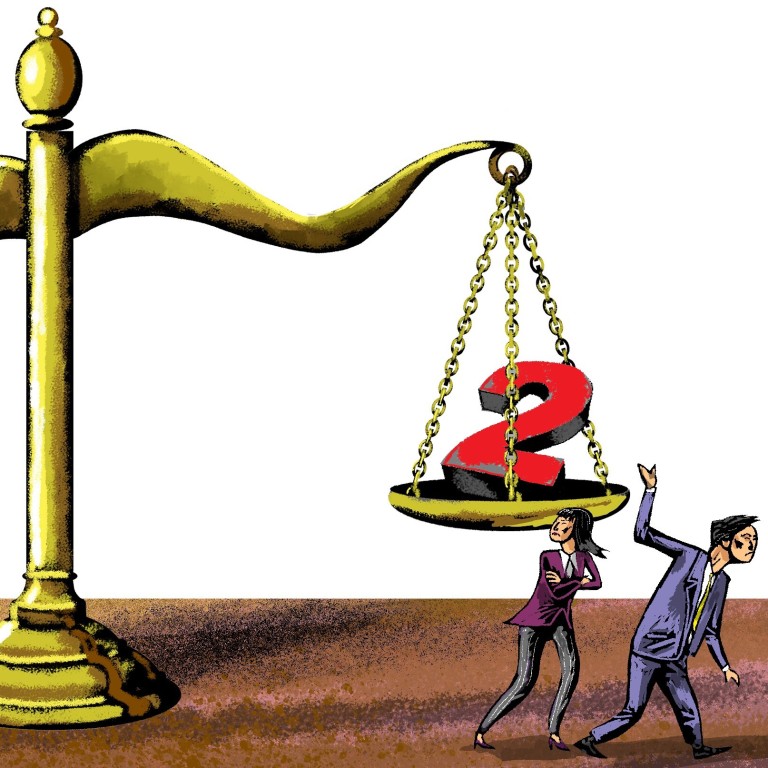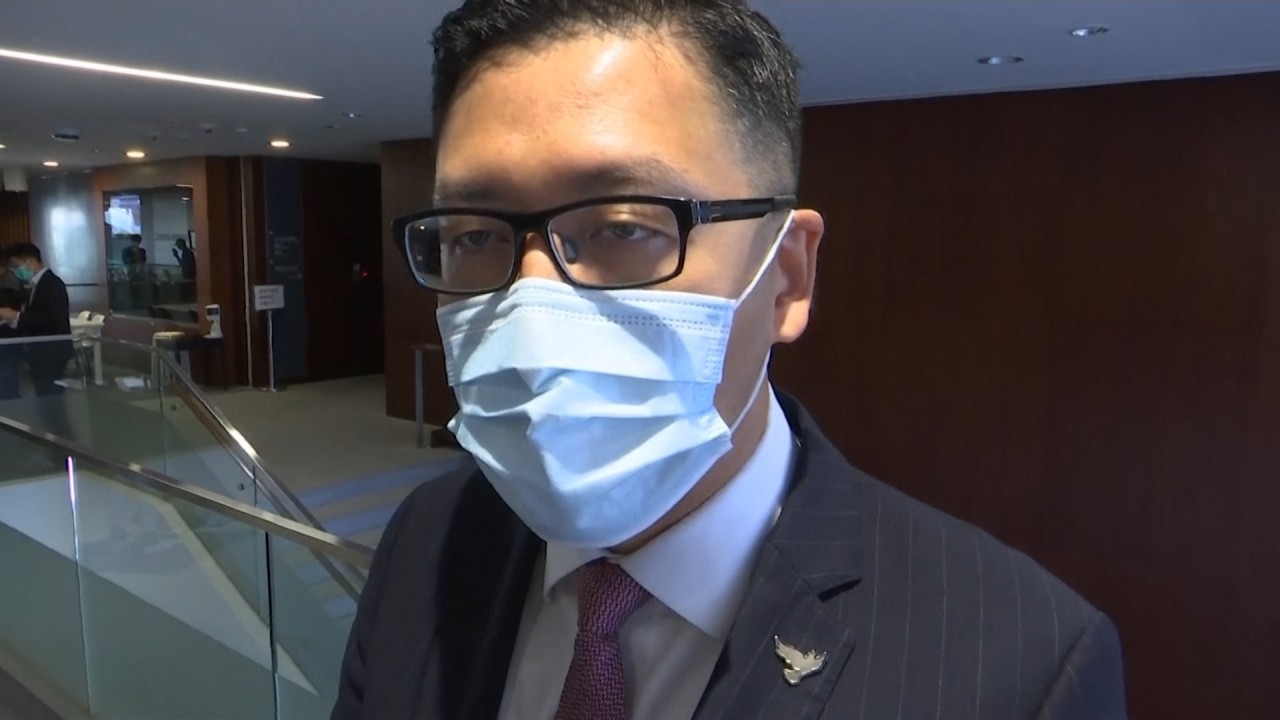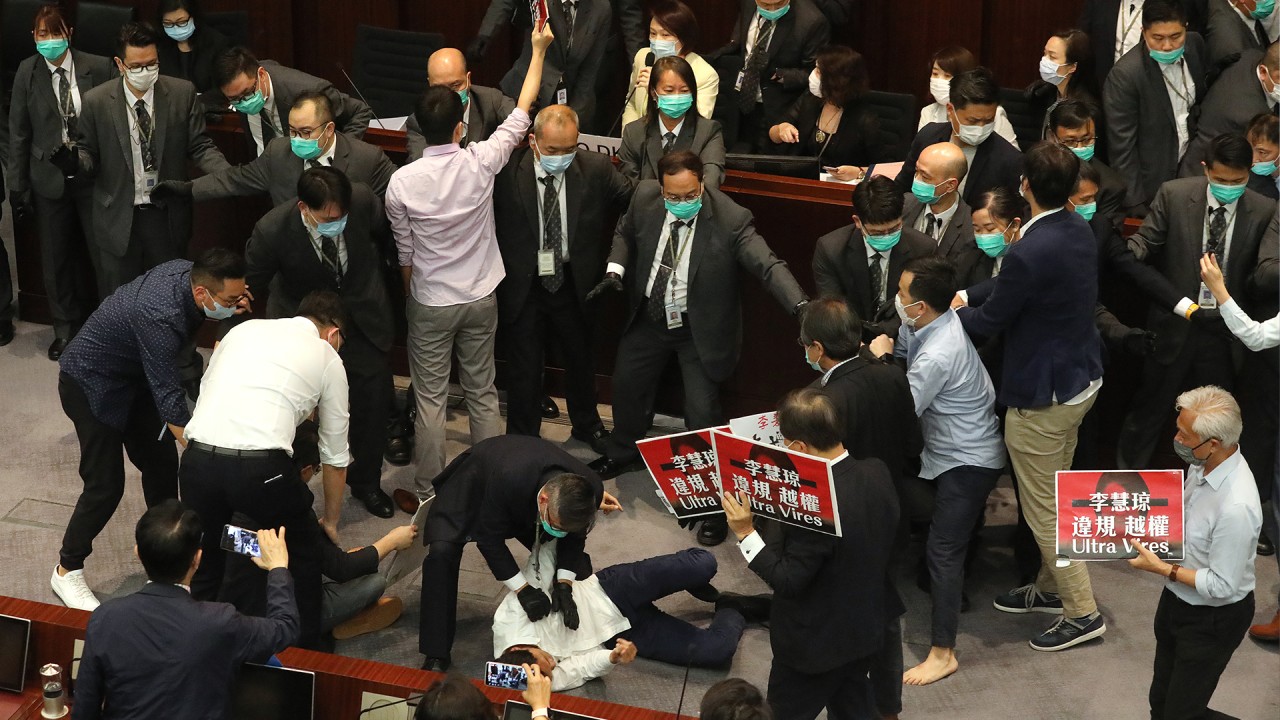
Opposition’s departure from Hong Kong legislature signals the end of an era for democratic movement
- Right or wrong, the pan-democrats’ decision to resign en masse will leave Legco without an opposition, and the system without functioning checks and balances
- Even if they do not intend to give up on legislative politics altogether, the path back will be challenging. Many may well leave the scene entirely
In the 1960s, the Barisan Sosialis (Socialist Front), formed by the expelled left-wing members of the governing People’s Action Party (PAP), led by Lee Kuan Yew, was once a formidable political force in Singapore. But it made a major strategic mistake by not taking part in the 1968 general election, allowing the PAP to grab all the parliamentary seats.
Since then, the PAP has become the entrenched ruling party, winning every election. Barisan was unable to make a political comeback and finally dissolved into the Workers’ Party in 1988. That lesson has taught many politicians in the region that no matter what, never withdraw from the parliament or any election.

01:36
After all opposition members resign, Hong Kong’s Legislative Council tries to resume session
Having chosen to resign in collective protest, the pan-democrats will have to think hard about whether they will withdraw from legislative politics entirely and, if not, how they are going to justify a comeback since they have declared today’s legislature powerless against Beijing’s hardline approach to reshaping Hong Kong’s political order.
Some suggest Beijing would like to see a “loyal opposition” that fully respects the constitutional order set out in the Basic Law and the central government’s authority over the city. The question is whether the pan-democrats are willing to acknowledge such an order and authority and can perform the role of an opposition within such boundaries.
If they find that unpalatable, will they be giving away their historically hard-won position within the political establishment, one with undisputed influence over government policies and the city’s political development?
Although the confrontational style and “blame and shame” politics of some pan-democrats do not appeal to sections of the community, and certainly those government officials who see them as deliberately delaying and even sabotaging legislation and funding proposals, most people in Hong Kong still prefer to have a vigilant and constructive opposition to ensure checks and balances in the governing system.

01:45
Scuffles at Hong Kong’s Legislative Council over control of House Committee meeting
The pan-democrats have evolved from the first generation of pro-democracy activists in the 1980s, who had been instrumental in promoting breakthroughs in political reforms under the departing British administration and the post-1997 system.
During the process, they grew from strength to strength electorally. In the past, they were able to have useful engagement with mainland officials who recognised that they represented a sizeable segment of the Hong Kong population, even if they did not agree with their politics.
However, since reunification, democrats agitating for change have been constantly torn between using the legislative platform and taking their politics to the streets. While their overall following in the community has grown, internal fissions and factional infighting has also increased.
Defiant Hong Kong opposition lawmakers under attack from all sides
Threats of mass resignation have been raised before, notably during the anti-national security legislation protests in 2003 and in the campaign for universal suffrage in 2010. In the latter, a pan-democratic legislator resigned in each of the five geographical constituencies to trigger citywide by-elections that they hoped would act as a kind of pseudo referendum.
Such resignations were spearheaded as a tactical move to strengthen mobilisation and political bargaining, rather than an expression of pessimism in the future of legislative participation.
By resorting to mass resignation now, most of the legislators concerned may well be leaving the scene entirely. Even if the pan-democrat camp ultimately decides to join the legislative election when it takes place next year, it needs a slate of fresh candidates and a new paradigm that can still inspire hope in participation. Hence, in a way, we will be witnessing the end of an era of the democratic movement.
Since the protests of last year, various protest leaders have articulated three fronts of struggle – on the street; through institutions, namely the legislature and district councils, and; in the international arena.
Hong Kong national security law tip line gets 10,000 messages in first week
The pan-democrats may have a strong enough moral justification to withdraw now, but they may well need a convincing and pragmatic rationale to make a comeback next year.
They cannot expect to achieve much in the legislature if the vicious hostility with the government and Beijing persists. If they can only function as a destructive disrupter, it will not bode well for Hong Kong’s long-term governance. Yet, if they withdraw from elections, like Singapore’s Barisan Sosialis, they will risk weakening their force forever.
Hong Kong will miss a real opposition in the system providing checks and balances under “one country, two systems”. The pro-establishment camp cannot take up this role. The resulting vacuum will turn into a source of continuous institutional instability.
Anthony Cheung is research chair professor of public administration at the Education University of Hong Kong and a former secretary for transport and housing (2012-17)

